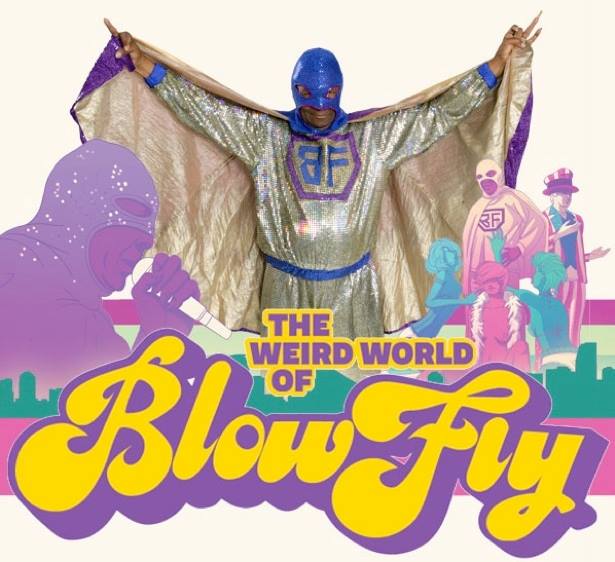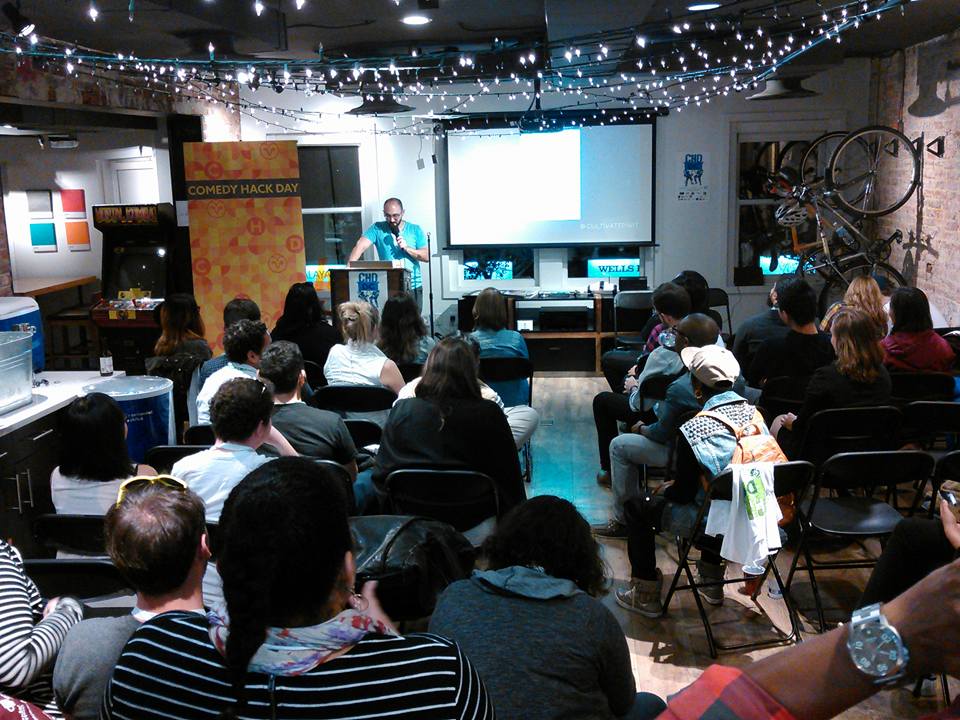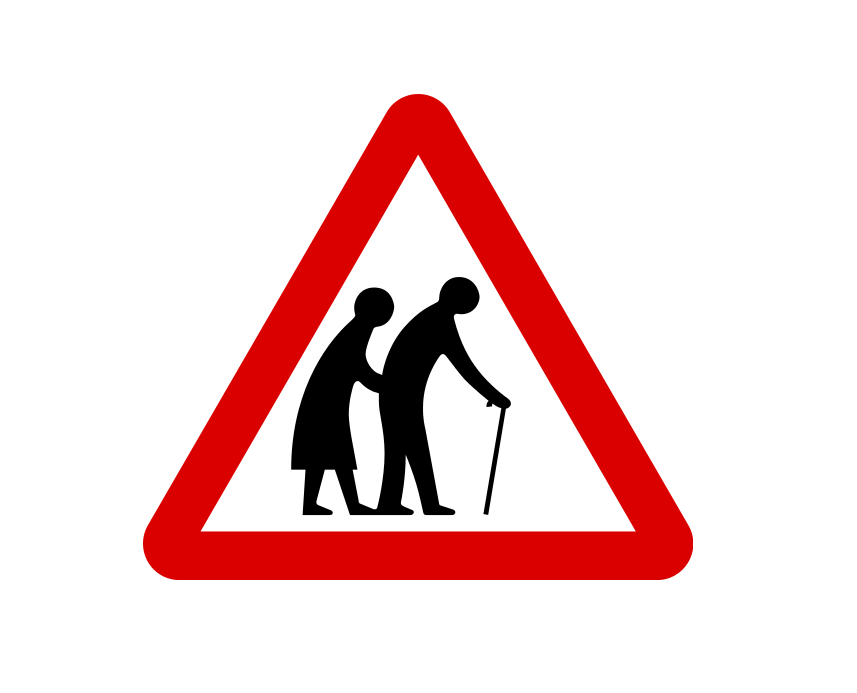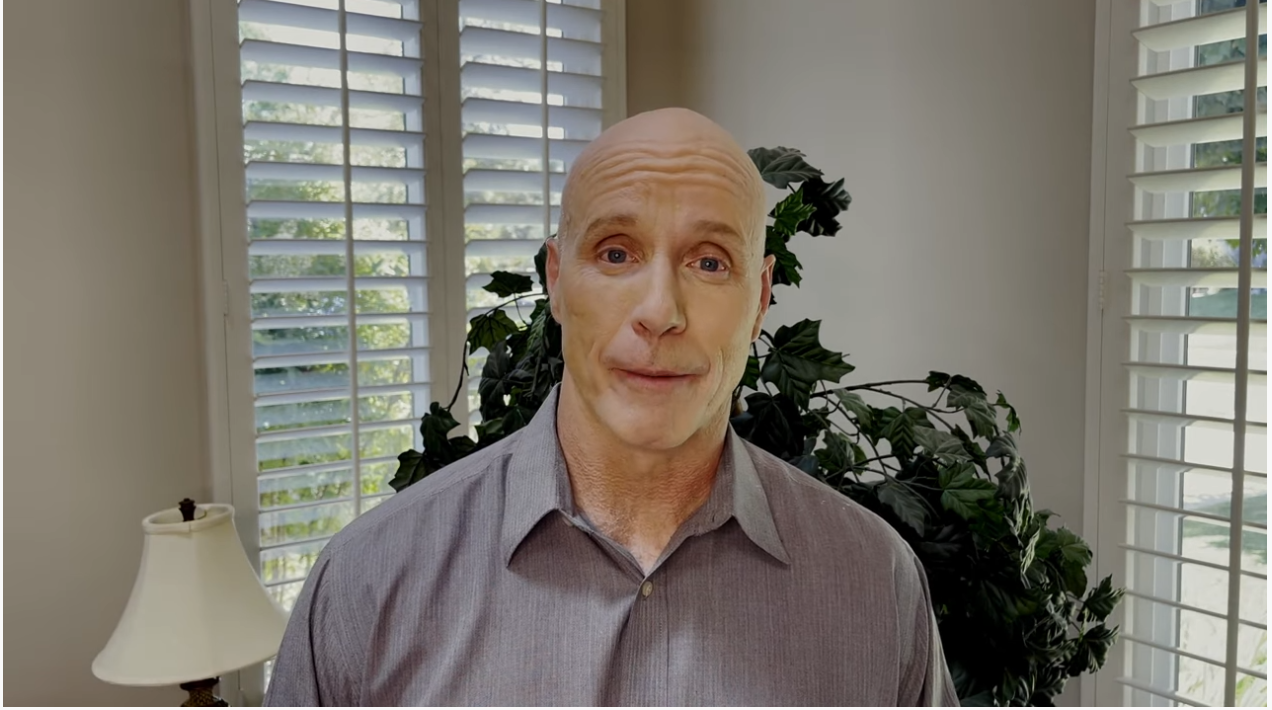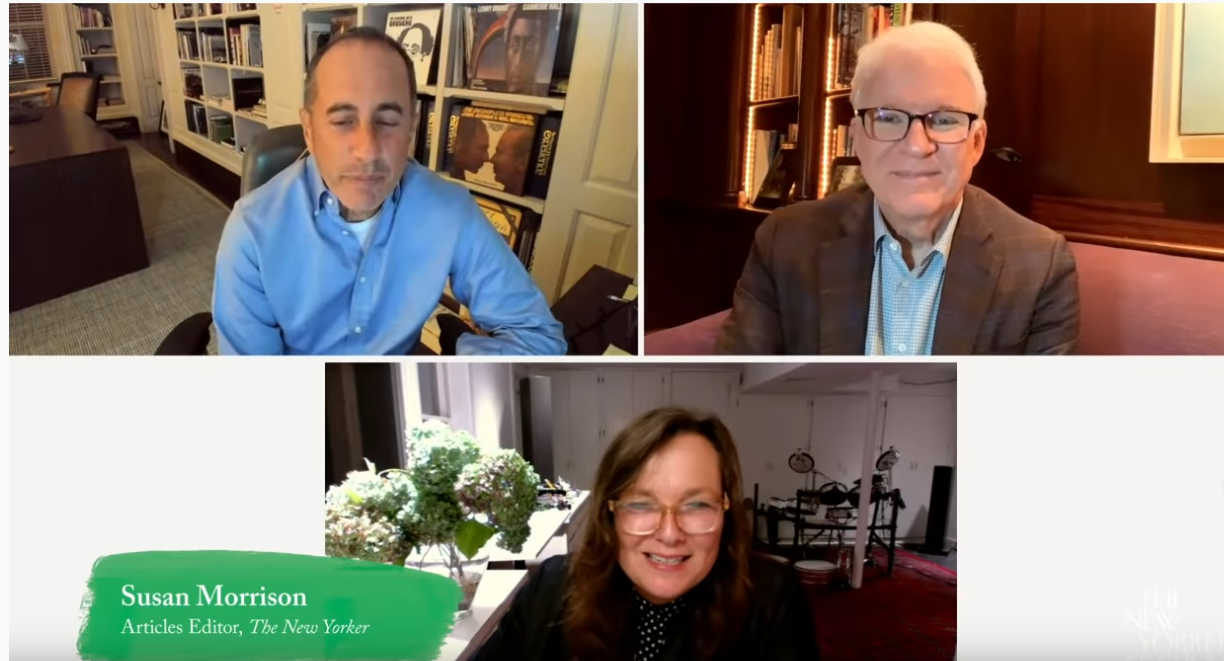 There is nothing more relaxing than whipping out the ol’ notepad to write new material. When it’s time to make the world laugh, we have a song in our heart, a smile on our face, and if you’re buying this intro…a belly full of booze! Writing new material can become daunting and stressful, if you let it get the best of you. As comedians, I believe we have two handicaps when developing comedy:
There is nothing more relaxing than whipping out the ol’ notepad to write new material. When it’s time to make the world laugh, we have a song in our heart, a smile on our face, and if you’re buying this intro…a belly full of booze! Writing new material can become daunting and stressful, if you let it get the best of you. As comedians, I believe we have two handicaps when developing comedy:
- We need to write new material all the time.
- We need that new material to be funny!
Most of us have read the various books on writing comedy, but have you considered reading books purely based on ‘how to write’? Every comic I know can take existing material and make it funnier. Some of us struggle with the starting point. It might be a new premise or working with a fresh idea. How can we develop that blank piece of paper or blank computer screen to a joke, bit, or set? Maybe it’s a sitcom pilot idea, or those other comedy writing goals?
Non-traditional Comedy Methods:
Sometimes writing can become a problem, and solving it requires learning the troubleshooting skills and resources used by non-comedy writers. One of my biggest inspirations is Steven Pressfield’s website, and his weekly column Writing Wednesdays. Each week he discusses a variety of techniques to become more productive in the writing process. If you’re unfamiliar with his previous works, check out Do The Work or The War Of Art for getting your creative juices flowing. These books are specifically designed for artists (writers, musicians, and of course…comedians) to acknowledge resistance, eliminate it, and produce quality products with their art.
John Vorhaus is a master when it comes to creating new comedy material on a regular basis. His classic book The Comic Toolbox: How To Be Funny Even If You’re Not is perfect for anyone who wants to learn the basics for developing various forms of comedy including sketches and sitcoms. His follow up book Creativity Rules focuses more on becoming a better writer. When I interviewed John last month, he explained to me how writers need to set goals for themselves. “Just let the words fall out on the page. Don’t second guess your choices or edit on the fly. Get the raw material on the page. You can always return to edit that first draft.”
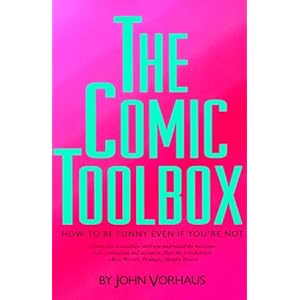
Traditional Comedy Methods:
Sometimes it can be helpful watching a professional comedian as he creates a ‘work in progress’. I remember the first time watching Jerry Corley as he wrote 15 jokes in 30 minutes. This blew me away at the time, and also inspired to start using my computer for creating jokes. Initially I was using MS Word, but now I’m using EverNote to manage my comedy material.
Find a writing buddy!
Sometimes you only need someone to bounce comedy ideas around to get your ideas out of your head and onto the paper. Check out some of the local resources in your area, or use web based groups. Judy Carter created a Social Comedy Workshop, and you can meet people online who are wiling to help you develop your material. The ‘upshot’ is that you can also create your own group, and possibly find people in your town who may want to meet in person for writing sessions.
Create your own writing group!
When we created the Washington DC Comedy Writers Group last year, it began with a few comedians and my co-founder Mandy Dalton. At that time, our primary goal was creating a space where people could meet on a consistent basis to write comedy. No pressure to attend, no censorship of material, and keep the meeting fun. We didn’t restrict any form of comedy or humor, and that attracted more people to the group. Within 18 months, we grew to over 400 members. The key is getting the word out about your group. Using social media tools, members are willing to participate in our website discussions, Facebook group, Meetup.com, and Twitter. Keep it fun and encourage members to network with each other.
For Example:
Our ‘formal’ meetings are structured from 8:30pm to 10:30pm. Our agenda consists of icebreakers exercises, member presentation/feedback, and plugs for member based events. After 10:30pm, members mingle to discuss other projects and ideas . There were several of people who were interested in writing sketch comedy, but could not develop their conceptual ideas due to our meeting time restraints. So they decided to create a ‘breakout group’ dedicated to writing sketch comedy named The Establishment, and began performing around the city within a few months of their creation date.

The key point I’m trying to emphasize is this: AVOID PROCRASTINATION AT ALL COST! Excuses are easy to create, and it becomes a trap very quickly. I choose to write for Stage Time magazine on a weekly basis, because it challenges me to keep writing. While my goal is to create new articles every Monday, sometimes life gets in the way, and I’m late by a day or two. I’m fortunate that I’m working with an editor who also understands those issues, and willing to work with me. Don’t let anything stop your writing process. The world needs laughter now more than ever!
Keep Writing!
© 2012 Wayne Manigo
Wayne Manigo is a comedian and co-founder of DC Comedy Writers Group. He is the creator of “Addicted to Comedy,” and the ‘brainchild’ behind the annual comedy conference, Starting Stand Up: A Comic Beginning. He also produces the show, Bellylaughs in Bethesda at Caddies at Cordell.




